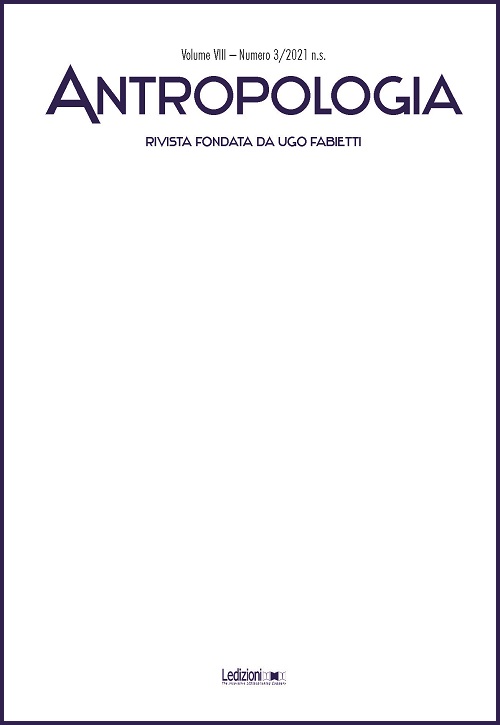Everyday Fiscal Encounters: Taxation and the Austerity State in Greece
DOI:
https://doi.org/10.14672/ada2021182983-97Parole chiave:
state, fiscal relation, taxation, greece, austerityAbstract
Taxation has sparked ongoing controversies in public debate in Greece, especially during times of crisis. Popular opinion was unambiguous about the necessity to curb tax avoidance and evasion as an element of economic restructuration. In addition to lowering government expenses, austerity brought attempts at increasing government revenues through new taxes and an increase in enforcement.
This article discusses everyday encounters with these new measures in Volos during fieldwork from 2014 to 2017. My interlocutors’ perspectives on the fiscal context reveal complex understandings of state relationality and political economic processes of extraction. The article groups them into four questions in relation to the austerity state: who gets to pay how much, who benefits from redistribution, whether tax compliance leads to political progress, and how government is part of a mechanism of larger value extraction and capital accumulation.
Hence, everyday fiscal encounters reveal how people understand themselves as being implicated in the governance of political economies. The increased responsibilisation of Greeks to pay tax led to an increase in politicisations of the government’s role in redistributing revenues towards creditors. The fiscal encounter thus shows how large processes feature in everyday observations about statehood and capitalism, and can provide grounds for social critique through fiscal encounters.
##submission.downloads##
Pubblicato
Fascicolo
Sezione
Licenza

TQuesto lavoro è fornito con la licenza Creative Commons Attribuzione 4.0 Internazionale.
- Gli autori mantengono i diritti sulla loro opera e cedono alla rivista il diritto di prima pubblicazione dell'opera, licenziata sotto una Licenza Creative Commons - Attribuzione che permette ad altri di condividere l'opera indicando la paternità intellettuale e la prima pubblicazione su questa rivista.
- Gli autori possono aderire ad altri accordi di licenza non esclusiva per la distribuzione della versione dell'opera pubblicata (es. depositarla in un archivio istituzionale o pubblicarla in una monografia), a patto di indicare che la prima pubblicazione è avvenuta su questa rivista.




